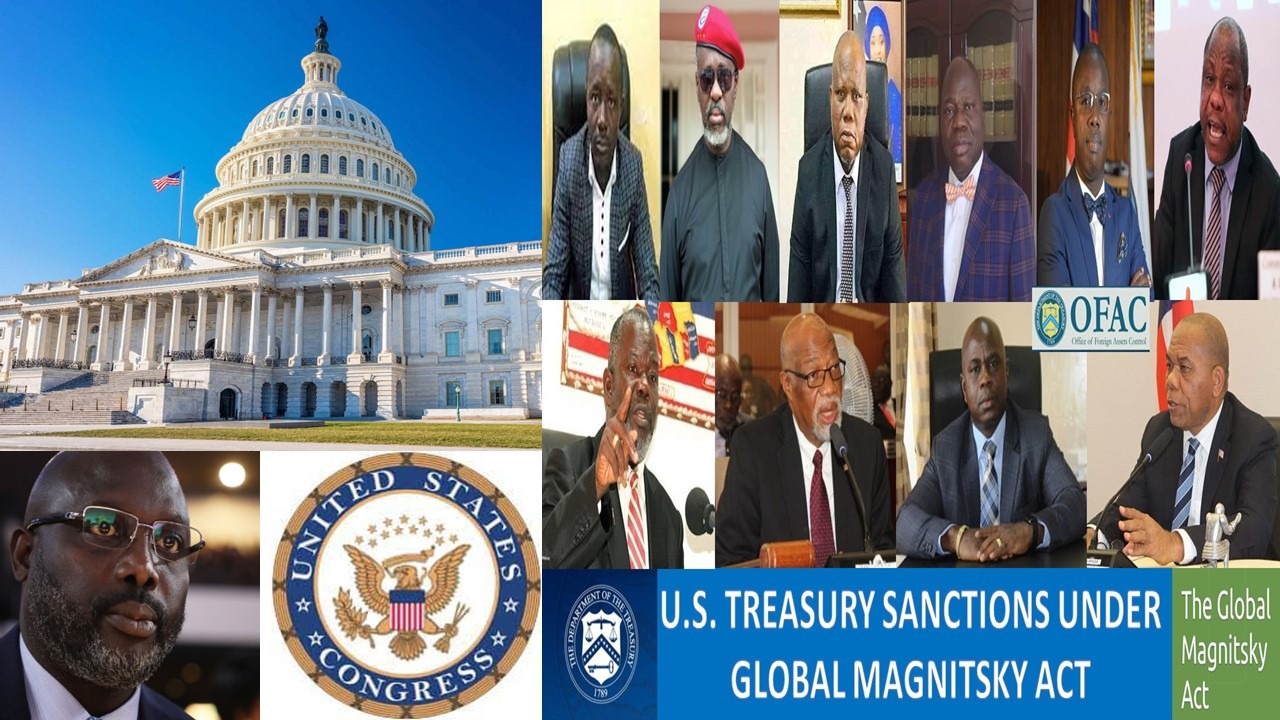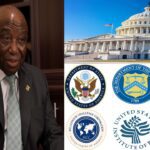In a historic move, the United States Congress has recently approved the Foreign Extortion Prevention Act (FEPA) as part of the annual defense spending bill, the National Defense Authorization Act. This groundbreaking legislation marks a significant milestone in the global fight against corruption by criminalizing the act of foreign officials demanding or accepting bribes from Americans. As the international community grapples with the complex issue of corruption, FEPA stands out as a crucial step towards addressing the “demand side” of foreign bribery.
Bipartisan Support for FEPA
The Foreign Extortion Prevention Act has garnered bipartisan support, reflecting a shared commitment among lawmakers to combat corruption on a global scale. This united front underscores the gravity of the issue and the necessity of cooperative efforts to create effective deterrents. The passing of FEPA signals a departure from traditional approaches to combating corruption, as it empowers U.S. authorities to hold foreign officials accountable for their involvement in bribery schemes.
Closing the Legal Loopholes
FEPA is designed to close existing legal loopholes that previously hindered the prosecution of foreign officials engaged in corrupt practices with Americans. The law makes it a criminal offense for any foreign official, including government employees, former officials, or their close associates, to solicit or accept bribes from Americans or American companies, regardless of the location. This is a critical development as it extends the reach of U.S. law beyond its borders, addressing the challenges posed by transnational corruption.
Fulfilling the Biden Administration’s Commitment
The enactment of FEPA is consistent with the commitment made by the Biden Administration to tackle the root causes of corruption. By focusing on the “demand side” of foreign bribery, the legislation seeks to disrupt the cycle of corruption that has plagued international transactions. The U.S. government’s dedication to upholding ethical standards in global dealings underscores its role as a leader in the fight against corruption.
Impact on Sanctioned Liberian Officials
For sanctioned Liberian officials, the passage of FEPA adds a layer of accountability that was previously absent. The law empowers U.S. authorities to prosecute and penalize foreign officials involved in corrupt practices, creating a deterrent effect that extends beyond the borders of the United States. This newfound ability to hold foreign officials accountable may serve as a catalyst for change, encouraging other nations to adopt similar measures and fostering a global environment intolerant of corruption.
Challenges and Opportunities
While the passage of FEPA represents a significant step forward, challenges remain in the effective implementation of the law. Cooperation from the international community, including the collaboration of other nations in prosecuting corrupt foreign officials, will be essential for its success. Additionally, navigating the complexities of diplomatic relations and legal jurisdiction will pose ongoing challenges in the pursuit of justice.
Conclusion
The Foreign Extortion Prevention Act is a landmark piece of legislation that signals the United States’ commitment to combating global corruption. By addressing the “demand side” of foreign bribery, FEPA closes legal loopholes, empowers U.S. authorities to prosecute foreign officials, and serves as a model for international efforts against corruption. As sanctioned Liberian officials and others around the world face the prospect of accountability, the enactment of FEPA marks a crucial step towards a more transparent and ethical global landscape.




